Menu
Top-notch On-page Optimization Services
SEO Company results-driven SEO services to boost your online authority.
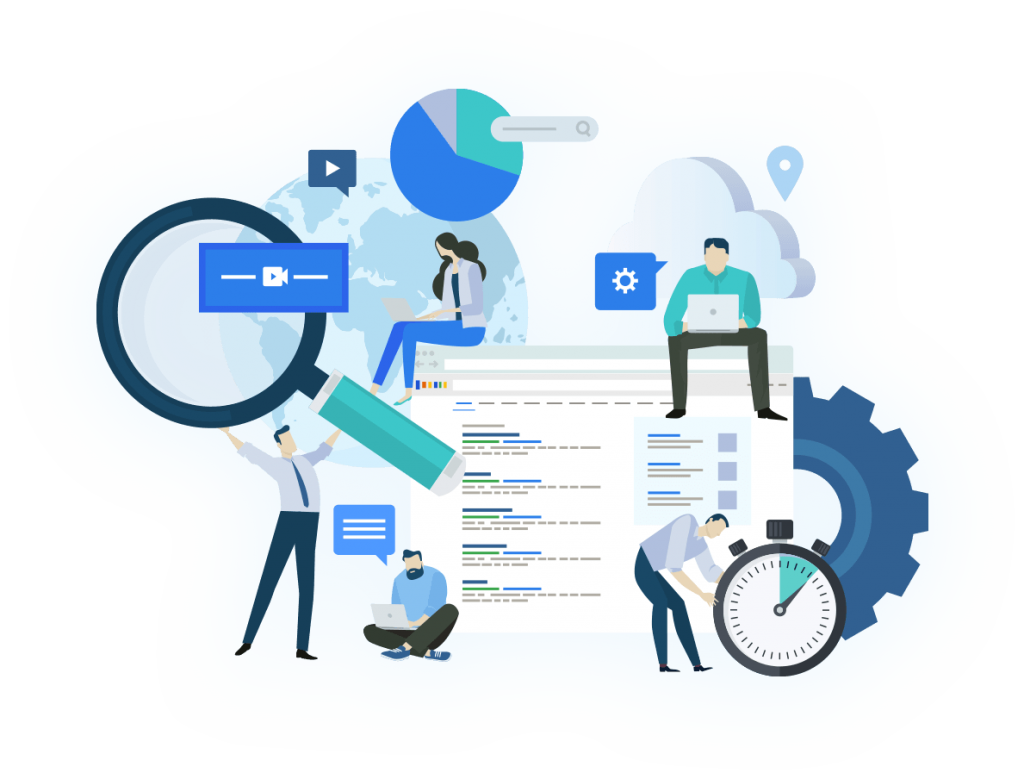
SEO Company results-driven SEO services to boost your online authority.

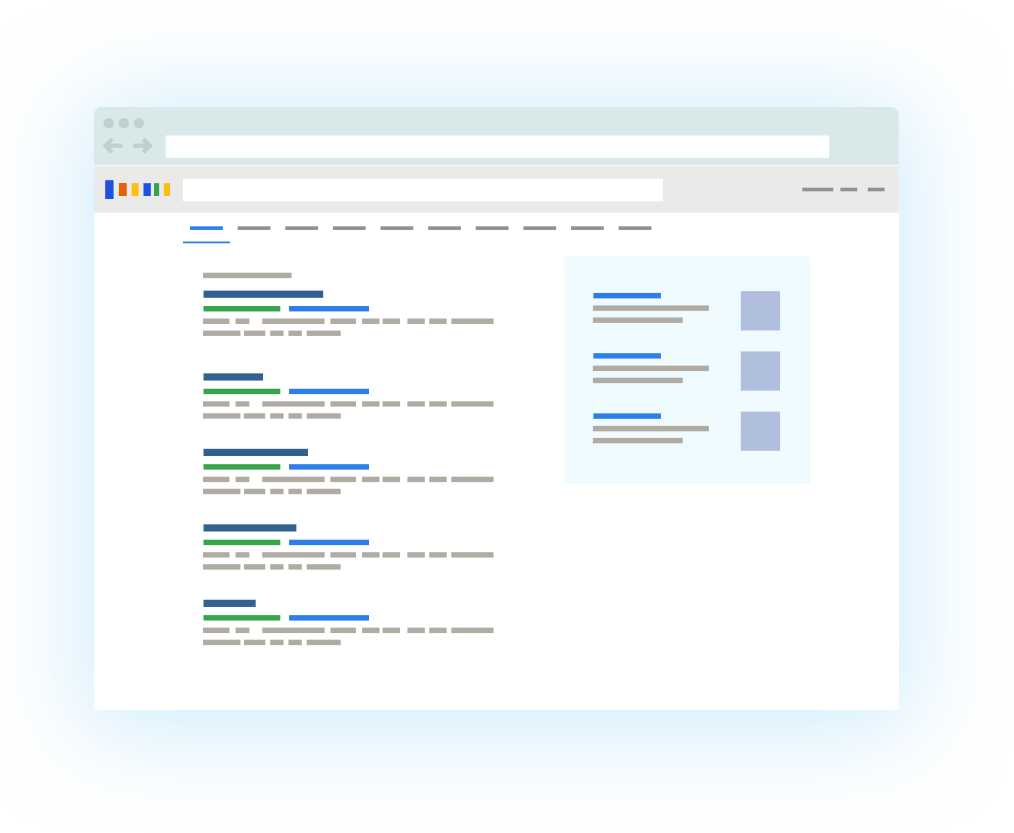
On-page SEO refers to the different ways of optimizing individual web pages to boost their rankings in search engines. Think of it as a helpful guide for your audience or site visitors. On-site SEO makes it easier for readers to find your content and engage with it. Several factors come into play when addressing the optimization of on-page SEO strategies.

Meta tags are implemented to feed search engines relevant contextual information about your page. These little bits of information describe exactly what’s on a page using focused keywords.
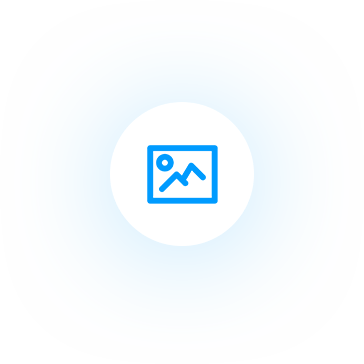
Images and videos capture attention and improve the user experience by breaking down large blocks of text. However, they’re also larger and take longer to load, so SEO demands effective visual media optimization.
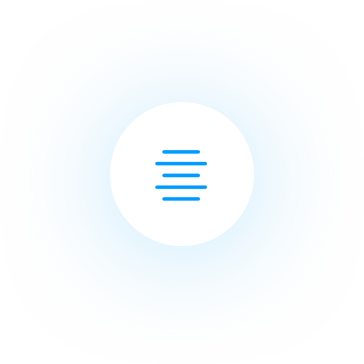
Nobody has the time to read huge blocks of text. Well-formatted pages give visitors some breathing space and make your content more pleasant to read.
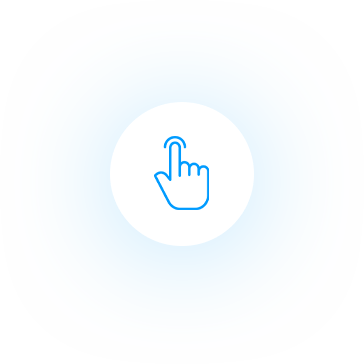
For certain types of content, like landing pages and blog posts, users tend to merely skim across the page until they find a section that discusses their query or holds valuable information. Breaking sections and labeling them accordingly allows users to quickly get to what they’re looking for more efficiently.

Speed is a currency in the digital age. Websites with faster loading times rank significantly higher on Google. So, take the time to analyze your page and implement optimization strategies for a better, faster, and more beautiful site.
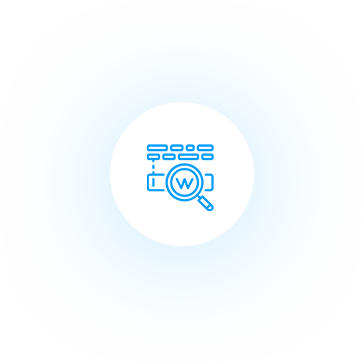
Keywords are the terms and phrases your target market actively uses to find what they need online. To identify the best combination of keywords to target, you’ll need to look at your audience research, keyword competition, and content research together for holistic insights.

Content that provides evident data, supporting facts, and references, weigh more in value to search engines compared to articles that make claims without data to back it up. Generally speaking, longer and more educational content is more likely to rank higher on Google.

Relevant keywords, titles, and tags make for easy navigation for searchers. When this happens, it signals to Google that your page is related to the search query and includes your content in the information provided to that user.
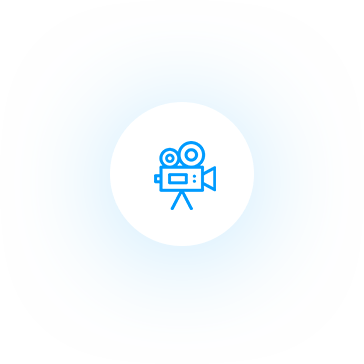
Inserting quality multimedia in a blog post or long-form content can reach a large segment of your market. Some users like to read and prefer scanning blog posts, while others prefer visual content and will watch embedded videos or check your YouTube channel.
Search engines have cutting edge data mining processes. Their algorithms don’t just help searchers find what they want; they’re also using gathered data to understand user behavior. So, when websites successfully meet searchers’ needs, they have a better chance at landing on the front page of SERPs.
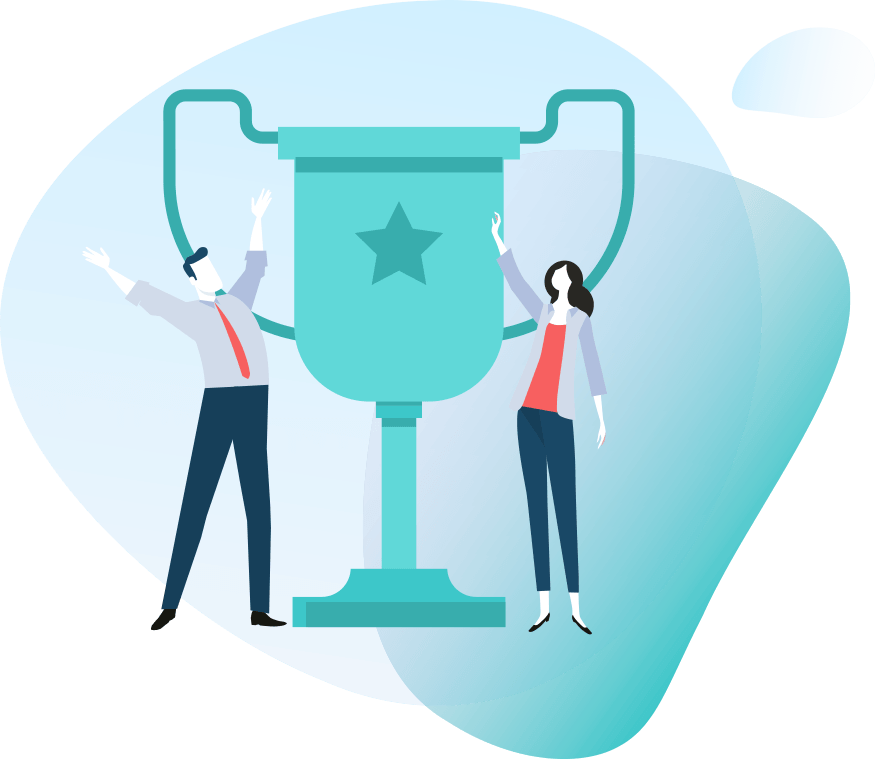
Copyright 2020